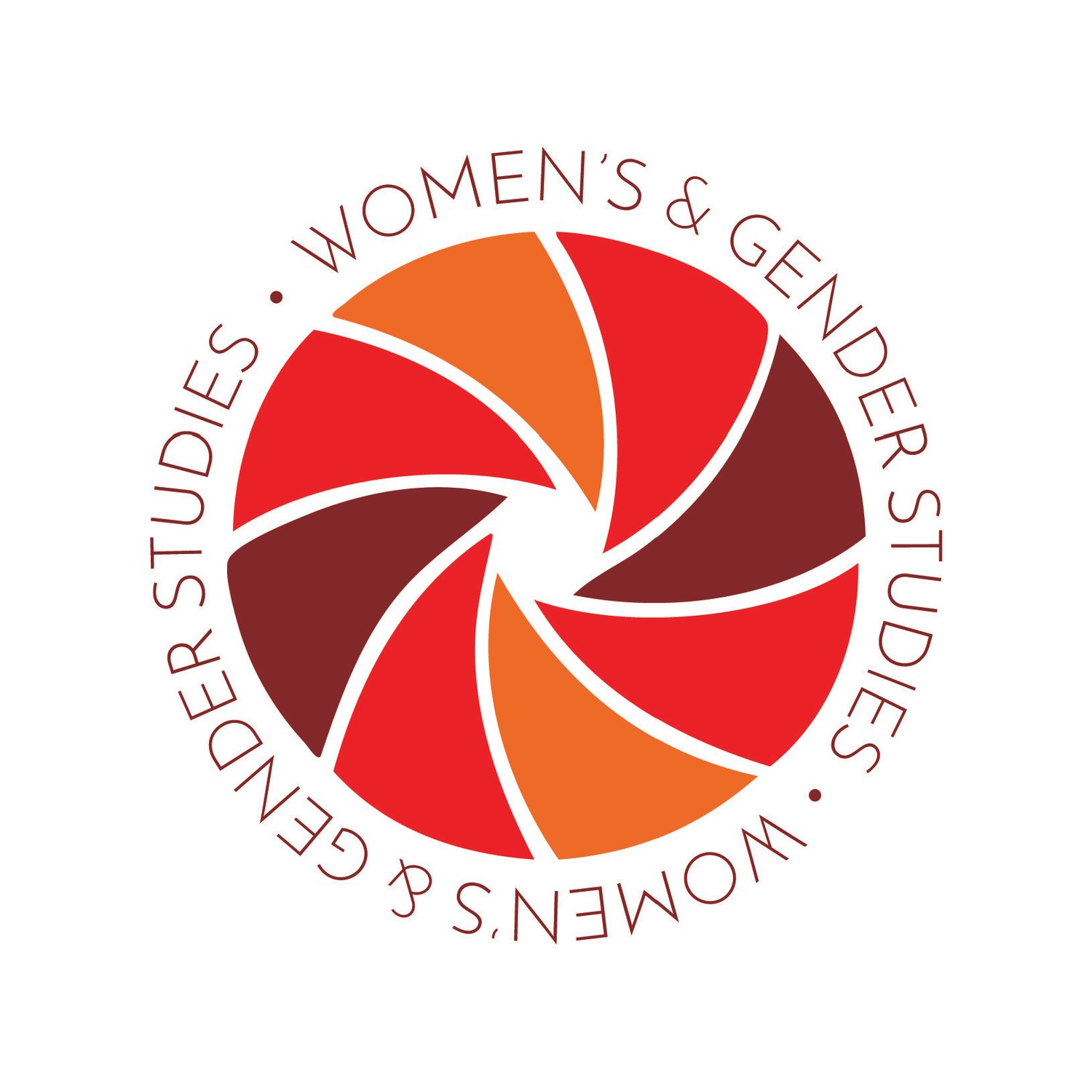“Re-vision—the act of looking back, of seeing with fresh eyes, of entering an old text from a new critical direction—is for women more than a chapter in cultural history: it is an act of survival.”
— Adrienne Cecile Rich (1929–2012), American poet, essayist, and feminist
WGS’ Mission
The core mission of the MIT Program in Women’s and Gender Studies (WGS) is to educate MIT undergraduates on the importance of gender equity and to promote a broad understanding of gender and its complex intersectionality with sexuality, race, ethnicity, class, ability, religious affiliation, and other categories of identity. After more than 30 years, WGS continues to build on its success as an interdisciplinary undergraduate program, providing a community for students, faculty, and staff to participate in scholarly inquiry focusing on women and gender. WGS faculty affiliates engage in cutting-edge research on a variety of subjects relating to historical and contemporary questions of gender and sexuality as manifested in the U.S. and across the globe. WGS also plays an important role at the Institute in organizing various types of programming to facilitate the discussion of gender and women's issues among faculty, students, staff, and the broader MIT community. In these various aspects of our educational mission, whether through teaching, research, or programming, WGS seeks to support the Institute’s efforts to promote community, equity, inclusion, and diversity, while educating the next generation of leaders for an increasingly diverse workplace.
WGS History
The Women’s Studies Program opened in September 1984 with a two-week series of activities—“Diversity and Change: A Celebration of Women” —designed, according to founding director Ruth Perry, “to announce an energized program to the MIT community.” Speakers included historian of science Evelyn Fox Keller and Shirley Malcolm, head, Office of Opportunities in Science, American Association for the Advancement of Science. Keller and Malcolm spoke on “Women’s Studies in Technology and Science Education.”
While women’s studies had been an informal part of the MIT curriculum for some time previously, the fall of 1984 marked both the establishment of an administrative unit dedicated to building the program and the first official appearance of women’s studies in the MIT Bulletin. Among the initial offerings was a core subject, “Introduction to Women’s Studies.” More than a dozen faculty from a range of disciplines and departments offered subjects in women’s studies at the time.
Over the next decade, as the proportion of women in the MIT freshman climbed from 29 percent to 40 percent, Women’s Studies grew to include 26 affiliated faculty members offering courses to almost 500 students a year. In 1994, seven students were minoring in women’s studies (six courses) and 24 were pursuing concentrations (at least 3 courses). Nine students graduated as women’s studies majors between 1984 and 1994. The first women’s studies course offered in the School of Science “Reproductive Biology,” was taught by Prof.Nancy Hopkins and became a model for the new Institute requirement in biology. Prof. Hopkins detailed her work in WGS in her 2023 memoir titled The Exceptions: Nancy Hopkins, Mit, and the Fight for Women in Science.
The sponsorship of conferences has been an important part of the role of Women’s Studies at MIT. Among the major events was a conference on pornography in 1985 (jointly with Harvard University), bringing together feminists of differing viewpoints, including Women Against Pornography and the Feminists Against Censorship Task Force. A three-week program on Asian women was convened in March 1987, with cultural events, panel discussions, and lectures. A three-day conference in January 1994, “Black Women in the Academy: Defending Our Name, 1894 - 1994,” was the first of its kind anywhere and attracted eminent speakers such as Lani Guinier, Johnnetta Cole, and Angela Davis. To celebrate its tenth anniversary, Women’s Studies presented “An Evening with Lily Tomlin and Jane Wagner,” in Kresge Auditorium, 30 October 1994. In 1997, Women’s Studies co-sponsored “From Barbie to Mortal Kombat,” a conference on gender and computer games exploring the consequences of girls’ lesser and later access to computer play compared to boys.
Other significant activities include the Graduate Consortium for Graduate Studies in Gender, Culture, Women, and Sexuality, established in 1993 jointly between MIT and six other institutions—Radcliffe College, Boston College, Brandeis University, Harvard University, Northeastern University, and Tufts University. An award offered annually, the Louis Kampf Writing Prize in Women’s and Gender Studies, was founded in 1996 in honor of retired literature professor Louis Kampf. A chair in women’s studies, the Genevieve McMillan and Reba Steward Professorship in the Study of Women in the Developing World, was established in 1996.


